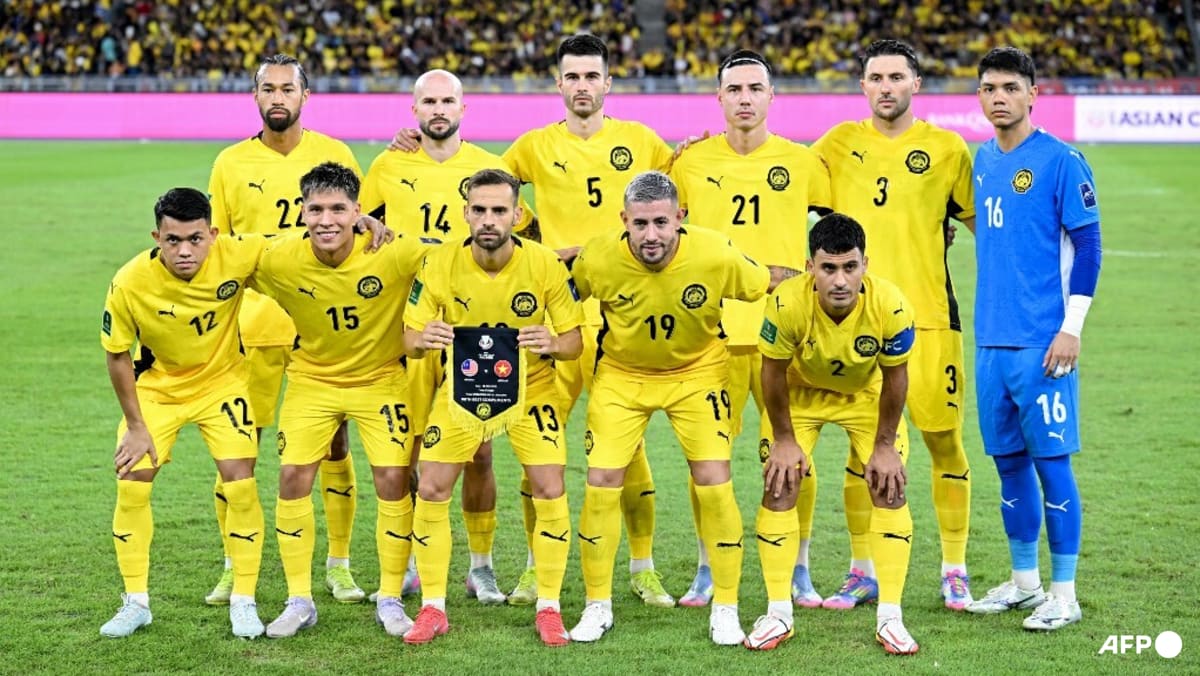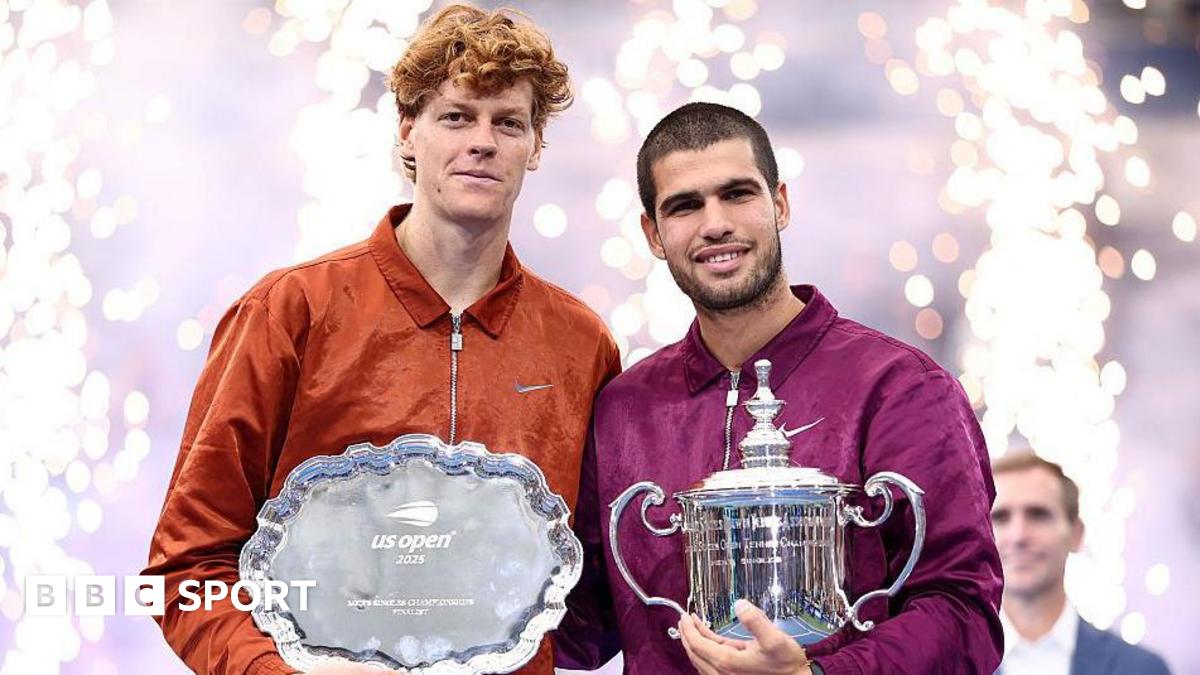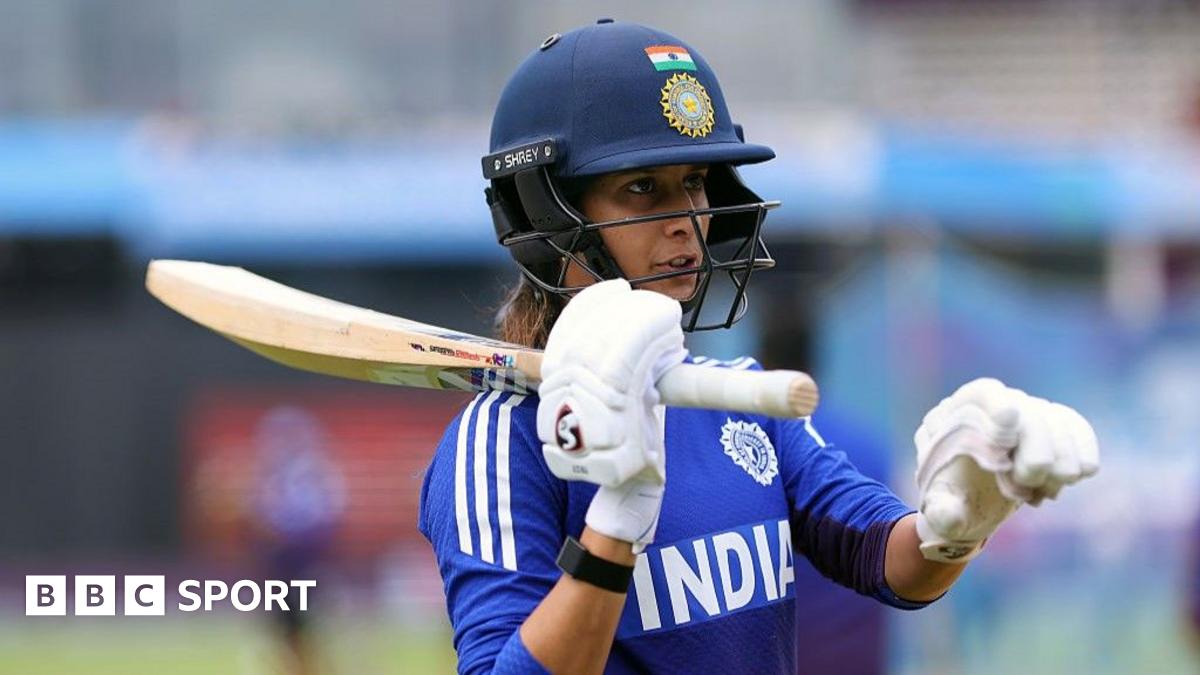Fans, critics say ‘many unanswered questions’ on Malaysia football scandal, as minister defends citizenship process

KUALA LUMPUR: A Malaysia minister has defended the government's move in granting citizenship to seven foreign-born footballers, saying the matter is to be settled between the country's football federation and world body FIFA, even as public sentiments remain negative over the brewing scandal.FIFA said this week that it had found evidence indicating that the Football Association of Malaysia (FAM) used forged or falsified birth certificates of the seven players’ grandparents to secure their eligibility to play for the national team.On Thursday (Oct 9), Malaysia’s Home Minister Saifuddin Nasution Ismail told parliament that the government had followed the law and naturalised the seven players based on a provision in Malaysia’s constitution.He said that the birth certificates of the players’ grandparents were not needed for the naturalisation.Subscribe to CNA’s Morning BriefAn automated curation of our top stories to start your day.This service is not intended for persons residing in the E.U. By clicking subscribe, I agree to receive news updates and promotional material from Mediacorp and Mediacorp’s partners.LoadingThe players had met the relevant conditions to get citizenship, including having proficiency in Bahasa Malaysia based on a basic test by the National Registration Department (NRD).He acknowledged he had used his ministerial discretion to relax some conditions - in particular a requirement for an applicant to have resided in Malaysia for a set period of time - adding that he has such powers under the constitution.Saifuddin did not address allegations that officials had failed to verify the authenticity of the documents submitted."The issue of player eligibility is a matter between FAM and FIFA, which is currently being managed at the appeal stage," he said.He added that a total of 23 football players - including the seven - had been naturalised since 2018 and that athletes from other sports and professionals in the fields of science and technology had also similarly obtained citizenship.This is the second time Saifuddin has spoken out on the scandal involving the seven players born in Brazil, the Netherlands, Spain and Argentina.Following FIFA’s initial announcement on Sep 26 on its decision to fine FAM 350,000 Swiss franc (US$437,000) and ban the seven players for a year, Saifuddin had said the next day that the process of granting citizenship to these players had complied with the Federal Constitution.Describing it as a “very thorough” process, he said his ministry examines all documents submitted to ensure they meet every requirement under the law.He had also said then that the matter was under the purview of FIFA and FAM, and that the Home Ministry’s focus was “strictly on citizenship matters”.Youth and Sports Minister Hannah Yeoh, meanwhile, had said on Sep 27 that she was “saddened and angry” reading about FIFA’s decision.After its disciplinary committee published its grounds of decision on Oct 6 and revealed the birth certificate forgery, she said that FAM must respond clearly to all the revelations made by FIFA, adding Malaysian football fans are “hurt, angry and disappointed”.Indeed, the scandal has made waves in the football-mad country, with fans and critics who spoke to CNA calling for thorough investigations into how the players were granted citizenship.They have also raised questions about how it has been handled and Malaysia’s policy to rely on foreign-born players.Sports critic Pekan Ramli told CNA that Saifuddin’s explanation in parliament on Thursday lacked conviction, and he was unsure if football fans could accept it.“There are still many unanswered questions about the whole issue,” he said.Meanwhile, social media posts by FAM have been met with a wave of negative comments, while memes have proliferated, making fun of the situation.One viral meme shows a map of Malaysia with its states humorously replaced by the European and South American countries, while another displays a map of South America, with the countries relabeled with the names of Malaysian states.The days when Malaysia could go toe to toe with Japan and South Korea are a distant memory, with Malaysia experiencing many devastating lows over the last few decades. In 2018, it was placed 178th on FIFA’s rankings, its lowest ever.That year, the FAM introduced a controversial policy of giving foreign-born players citizenship. It also called up more mixed-heritage players to the national team. This marked a major turning point, observers previously told CNA.Naturalised players are foreign-born footballers who have no connection to the country but get citizenship, while mixed-heritage players have a bloodline connection with the country, be it through a parent or a grandparent who was a citizen.As Malaysia’s use of naturalised and mixed-heritage players increased, it qualified for the 2023 Asian Cup, the first time it did so on merit since 1980.It even managed a 3-3 draw with a strong South Korean side in its final group game, a result which was widely celebrated.But the side experienced a blip in 2024 as it failed to qualify for the third round of the qualifiers of the 2026 World Cup.In January this year, the regent of Johor Tunku Ismail Sultan Ibrahim said on social media that six to seven heritage players have been identified for the national team, as he expressed hope that the Malaysian government could assist in the process of obtaining Malaysian passports in order for them to play for Malaysia in the Asian Cup 2027 qualifiers.He did not name the players but added: “It's crucial Harimau Malaya starts the campaign on a good note.”Harimau Malaya is a nickname of the Malaysian national team.The crown prince owns Johor Darul Ta’zim, the club that three of the seven players – Figueiredo, Irazabal and Hevel – play for.FIFA said that disciplinary proceedings were opened against the FAM and the players on Aug 22 and Aug 28, respectively.Then-FAM president Joehari Ayub resigned from his position on Aug 27, although no reasons were given for his move.Just after FIFA came up with its initial decision on Sep 26, Tunku Ismail questioned why FIFA had approved the players’ eligibility and to reverse it now.“What led to such a decision? Was there any external party that influenced FIFA’s decision?” he asked.“We will not be afraid or surrender to individuals who fear the resurgence of Harimau Malaya,” he said in a posting on X on Sep 27.Tunku Ismail has yet to comment on FIFA’s grounds of judgment.Zulakbal Abd Karim, a sports science and coaching lecturer at Universiti Pendidikan Sultan Idris in Malaysia, said that FIFA would not have come up with its decision lightly.“After beating Vietnam 4-0, we thought that we had a good team, but this has turned out to be an ultimate disaster. It’s better to lose than to win by cheating. The image of the country has been badly tarnished,” he told CNA.Khairul, the football fan, said he will still support the national team no matter what and will still tune in to the team’s away match against Laos on Thursday, as part of the Asian Cup qualifiers.He will also be attending the return game against Laos at the Bukit Jalil national stadium on Oct 14.“Regardless of what happens, I still support the team. I have experienced highs and many more lows, but nothing has changed my love for the national team,” he said.Zulakbal said that the debacle should be a wake-up call for the authorities to invest heavily in the long-term development of local talent, pointing out that Japan and South Korea had taken this route to produce world-class players who play for the best football teams in the world.Wong, the former Malaysian footballer, is not sure if he would have had the chance to play in this era where many locals end up being shunned, but contended that he and his teammates gave the best they had whenever they were representing the nation.Echoing Zulakbal’s sentiments, he said there was a need to have faith in the quality of local players.“Nothing in life comes easy. Why the need to take shortcuts and quick fixes. Focus on our own people. This is what development is all about,” he said.













